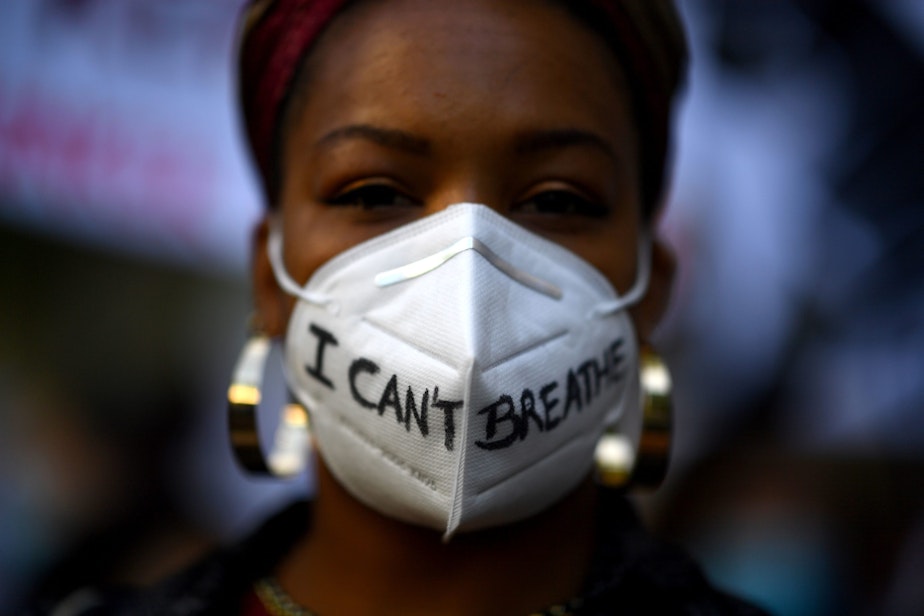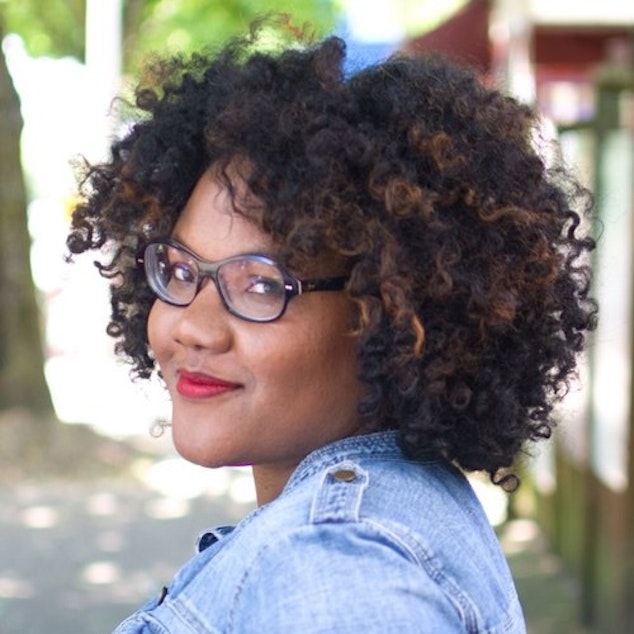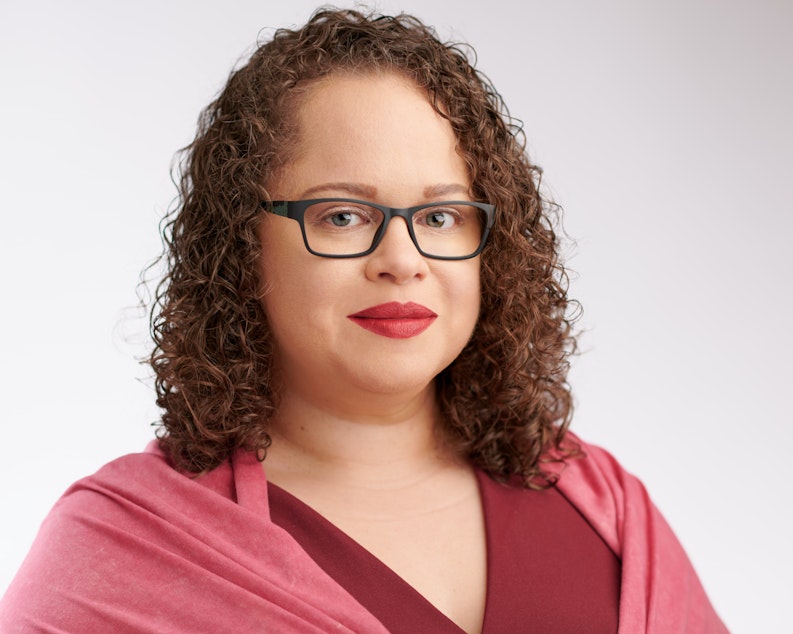Ep. 10: Are We Going To Be OK? For Black journalists on the frontlines of the #BLM movement, objectivity does not mean neutrality

Award-winning duo Tonya Mosley and Phyllis Fletcher of 'Black in Seattle' talk protests and journalism in the midst of an uprising and a pandemic.
What does journalistic objectivity mean when so many newsrooms are led and staffed largely by white people? How does lack of diversity in media organizations affect coverage of the pandemic and protests of police violence against Black communities? What does the future of journalism look like in this era of “fake news” fear?
In this hour, KUOW's Are We Going to Be OK? explores the role of the news media in the #BlackLivesMatter movement, and what it’s like to be a Black journalist on the frontlines of change.
Our guests for this episode are Tonya Mosely, NPR’s host of Here & Now; and Phyllis Fletcher, American Public Media Group's Senior Podcast Editor. Moseley and Fletcher won the prestigious Edward R. Murrow award for their series Black in Seattle which they produced for KUOW Public Radio in 2013.
Tonya Mosley is the LA-based co-host of Here & Now, a midday radio show co-produced by NPR and WBUR. She's also the host of the podcast Truth Be Told. Prior to Here & Now, Mosley served as a host and the Silicon Valley bureau chief for KQED in San Francisco. Her other experiences include senior education reporter & host for WBUR, television correspondent for Al Jazeera America and television reporter in several markets including Seattle, WA, and Louisville, KY. In 2015, Mosley was awarded a John S. Knight Journalism Fellowship at Stanford University, where she co-created a workshop for journalists on the impact of implicit bias and co-wrote a Belgian/American experimental study on the effects of protest coverage. Mosley has won several national awards for her work, most recently an Emmy Award in 2016 for her televised piece "Beyond Ferguson.”

Phyllis Fletcher is the Senior Editor at American Public Media Group and was previously the Interim President of the Seattle Association of Black Journalists. She oversees the Patricia Fisher Endowed Scholarship for the Seattle Association of Black Journalists. She been a reporter, an editor, and a software engineer. Her work has been recognized with a Sigma Delta Chi medal, an Edward R. Murrow Award, two Gracies, two Salutes to Excellence from the National Association of Black Journalists, and two UNITY Awards. She was the inaugural Editor of the Year for Public Radio News Directors, Inc.

To watch all of our Are We Going to Be OK? episodes, visit our series page at KUOW.org/OK.
Our Are We Going to Be OK? hosts are Jeannie Yandel and Zaki Hamid. This show is produced by Kristin Leong. Our events team is Charlotte Duren and Bridget Anderson. The show's graphics designer and tech guru is Teo Popescu. Our marketing manager is Michaela Gionnatti and our social media strategist is Juan Pablo Chiqiza.
This episode of Are We Going to Be OK? originally aired live on Facebook and YouTube on Thursday, June 11, 2020. This web story was originally published on June 23, 2020.

